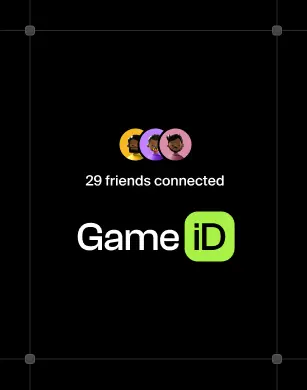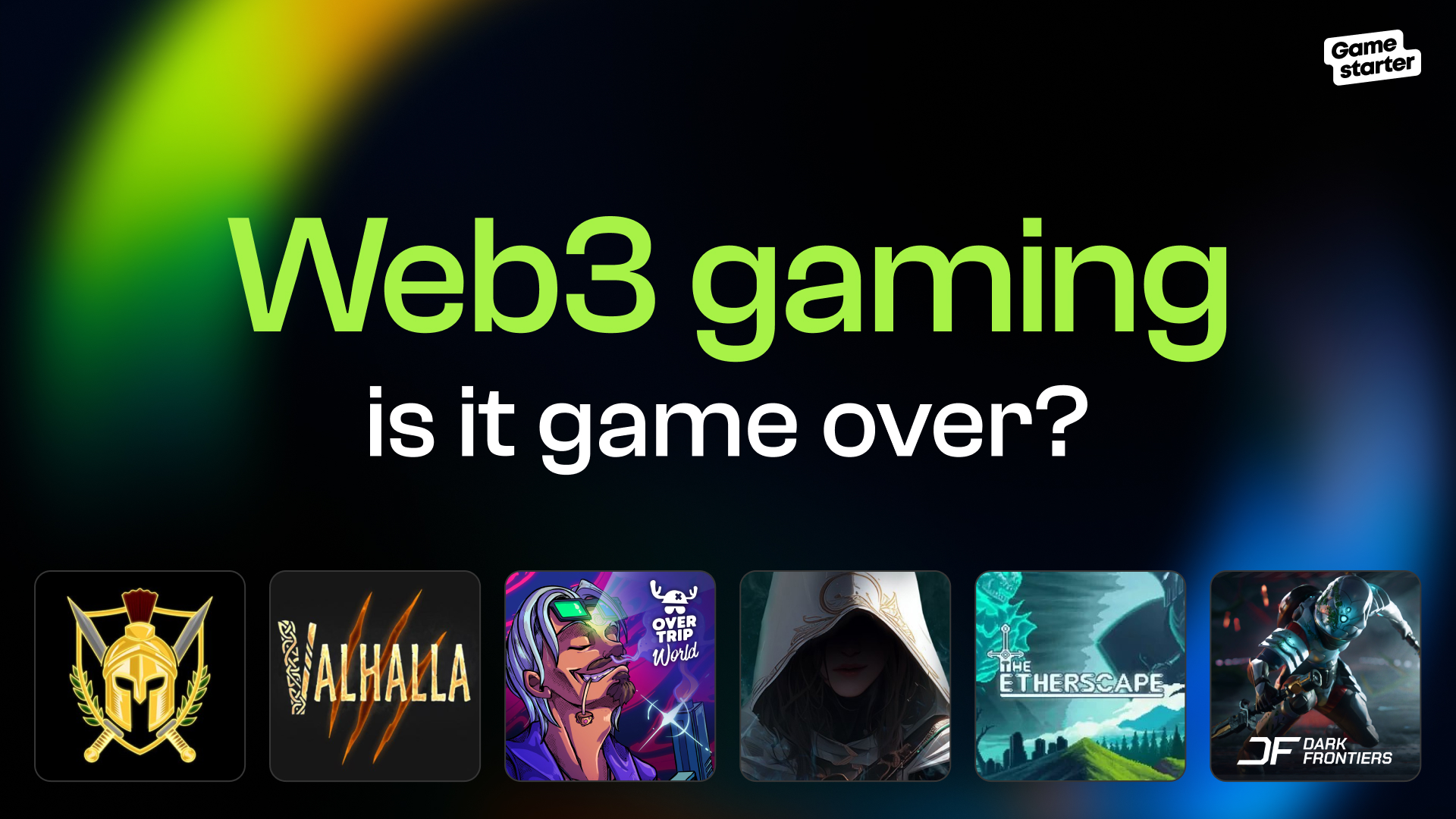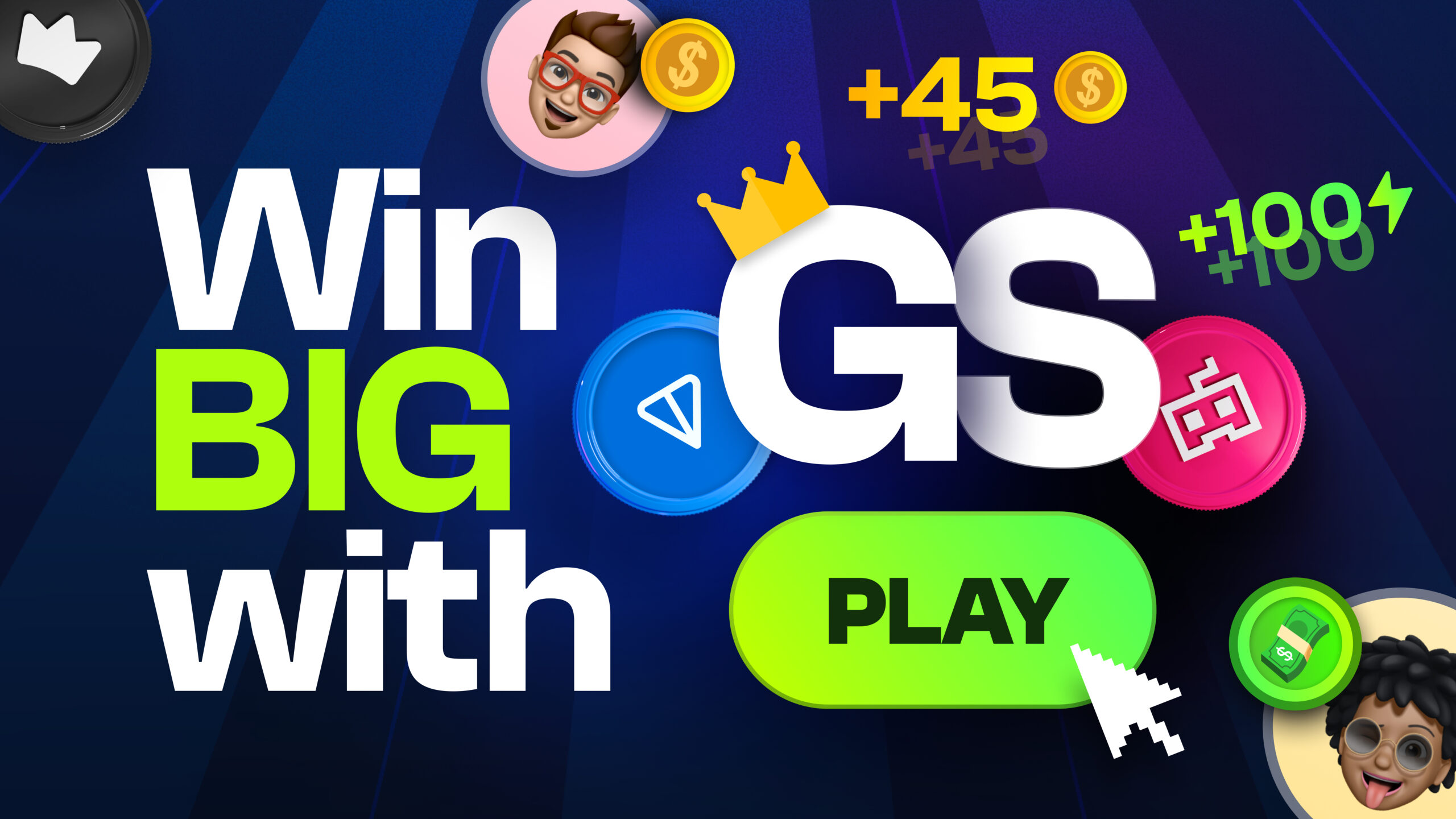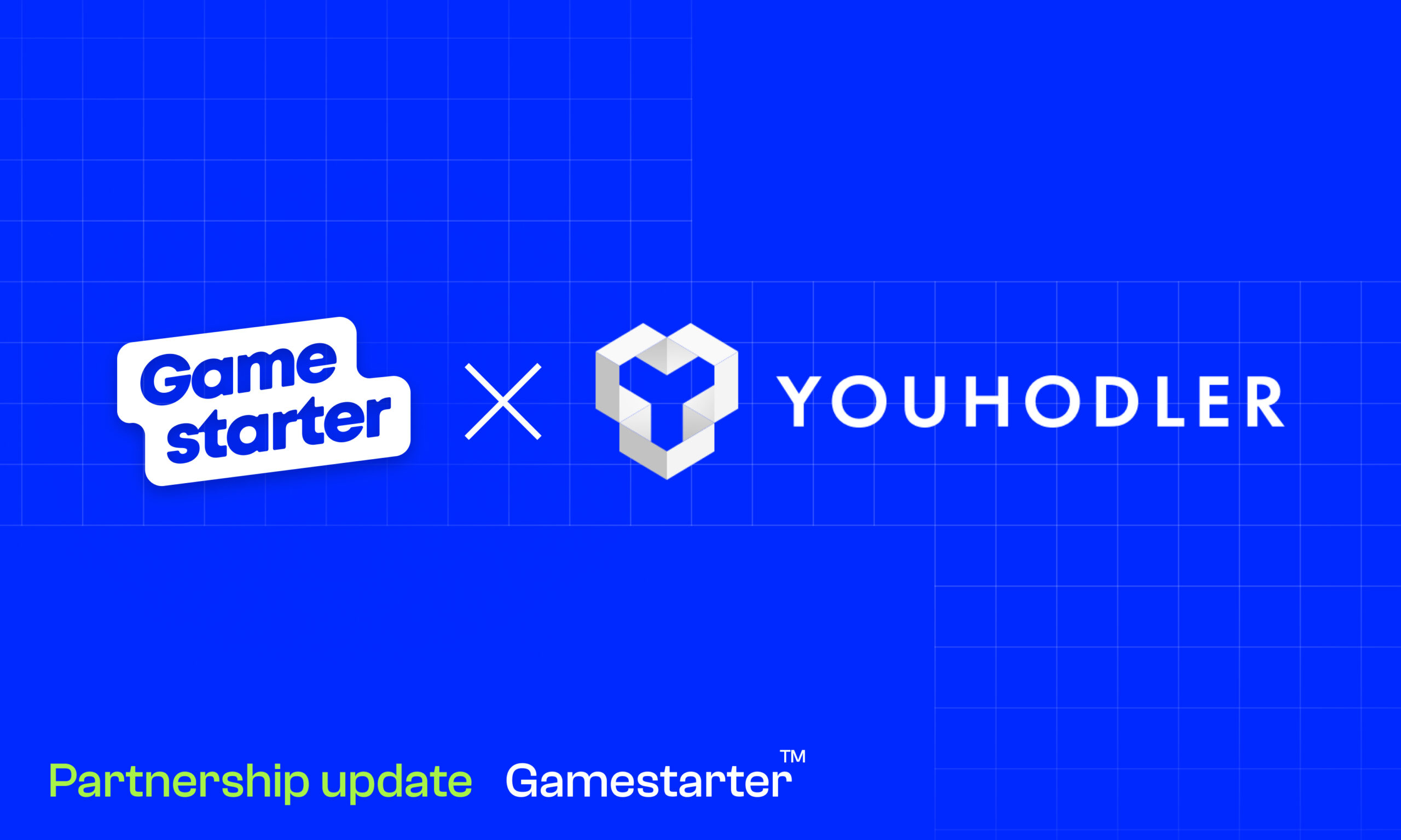How AI is Changing Games: A Look by Neurochain AI

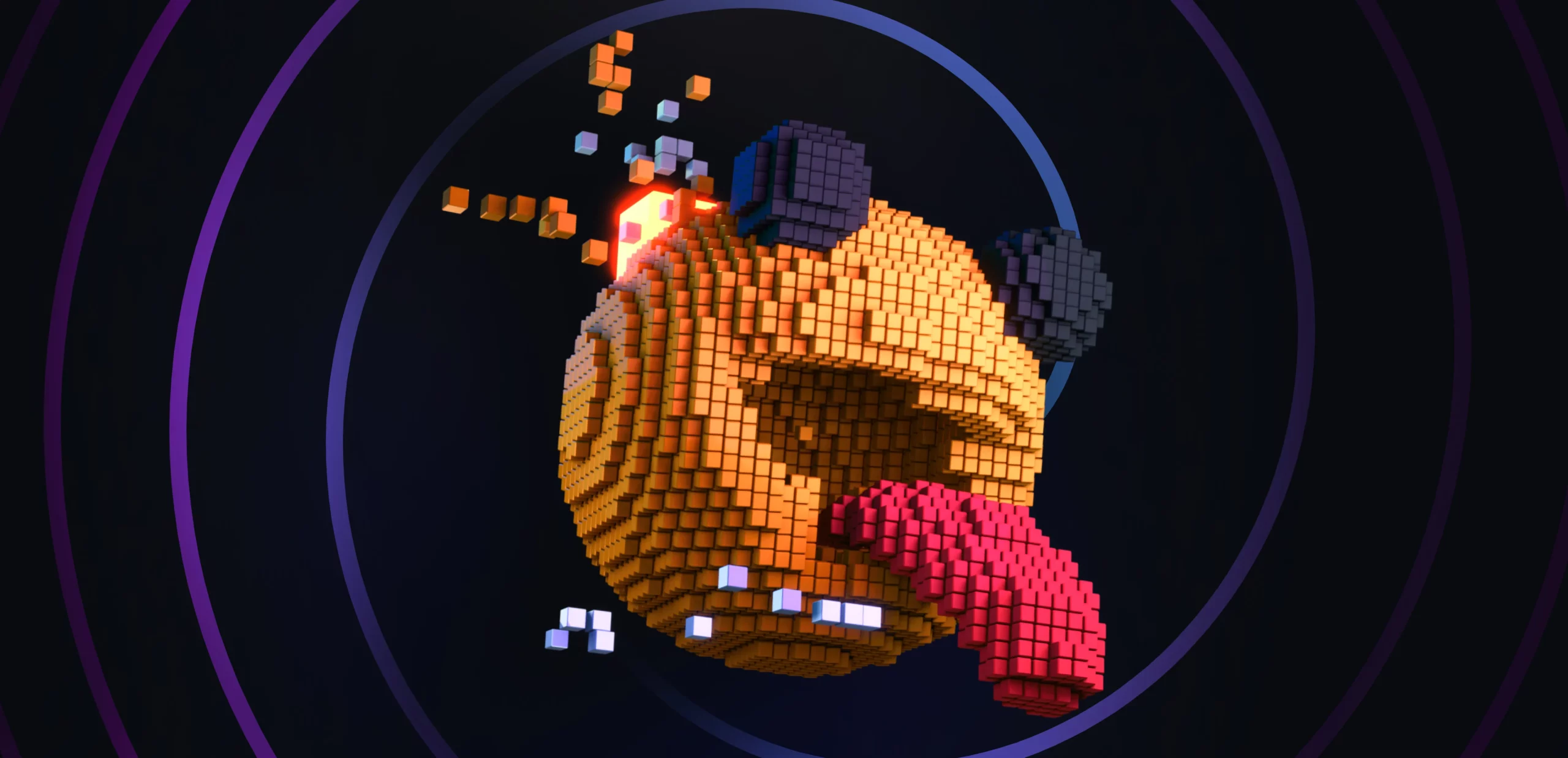
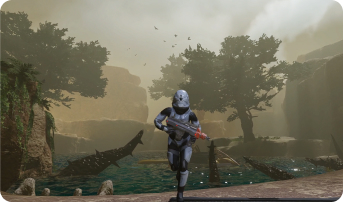
Become part of exclusive group that shapes GS Future

The Evolution of AI in Gaming
Contrary to common belief today, AI in gaming is not a novel concept. It dates back to the 1950s, with simple games like Nim setting the stage for AI’s role in gaming. These early iterations, including chess and checkers programs, were pioneering, demonstrating that machines could not only challenge but often outmatch human intellect in strategic gameplay. This was just the beginning of a journey that would see AI become an integral part of game development and play.
Modern Uses of AI in Gaming
Today, AI’s application in gaming extends far beyond creating formidable opponents. It has permeated every facet of the industry, from game development to player engagement and even marketing. AI-driven technologies enable the creation of dynamic websites, engaging marketing content, and innovative social media strategies. In game design, AI is used to craft intricate storylines, develop characters, and generate realistic scenes and graphics, significantly enhancing the gaming experience.
AI also plays a critical role in creating immersive environments for players. Through generative AI, games can adapt sounds, visuals, and narratives based on player decisions, ensuring a unique experience for each gamer. In the burgeoning metaverse, AI facilitates full immersion, bridging the gap between virtual and reality.
Spotlight on Games Utilizing AI
Several games exemplify the advanced use of AI in enhancing gameplay and player experience:
– EA Sports’ FIFA 22: Utilizes machine learning to bring human-controlled players and non-player characters (NPCs) to life with unprecedented realism.
– Red Dead Redemption 2: Features an advanced AI that adds depth to NPCs, making the game world more believable and interactive.
– BioShock Infinite: Introduces Elizabeth, an AI companion who interacts with her surroundings in a way that adds a human dimension to the game.
– Alien: Isolation:: The Xenomorph, powered by AI, provides a chillingly realistic antagonist that adapts to the player’s strategies.

The Impact of AI on the Gaming Industry
The advancements AI has brought to the gaming industry are both impressive and multifaceted, influencing various aspects of game development and player experience. Here’s a closer look at how AI is reshaping the gaming landscape:
Time and Cost Efficiency
For many gaming studios, especially those with grand visions but limited resources, AI has been a game-changer. It offers a way to save both time and money, enabling developers to bring their creative ideas to life without the need for large investments or extensive teams. This democratization of game development opens the door for more innovative and diverse games to enter the market.
Boosting Creativity
AI serves as a muse and a tool for enhancing creativity in game development. It aids in brainstorming fresh ideas, devising unique gameplay mechanics, and pioneering new storytelling techniques. Character creation and visual design also benefit from AI, as it provides inspiration and the means to create novel visual expressions. This expansion of creative possibilities ensures that games continue to evolve in exciting and unexpected ways.
Enhancing Game Quality
The quality of gaming assets is paramount, and AI is leveling the playing field. With AI, the emphasis shifts from the mere ability to create high-quality visuals to the more nuanced skills of storytelling, engaging audiences, and community building. This shift encourages a focus on what truly makes a game memorable and enjoyable, beyond its graphical fidelity.
Challenges and Concerns
However, the integration of AI in gaming is not without its challenges:
– Potential for Fraud: The advent of third-party AI player bots that outperform human players raises concerns about fairness and the integrity of competitive gaming. These bots could demotivate real players by creating an uneven playing field.
– Disruption of Game Mechanics: AI-driven game mechanics that constantly adapt could frustrate players by making it difficult to achieve goals or by trapping them in a loop of never-ending engagement without a satisfying conclusion.
– Social Impact: AI players could undermine the social aspects of gaming. The realization that one is interacting with a machine rather than a human could detract from the communal experience that many gamers value.
– Fear of Obsolescence: Some in the industry worry that AI might eventually make human developers redundant, challenging the very essence of gaming as a human-centric form of entertainment.
Despite these concerns, the integration of AI into gaming is a testament to the industry’s innovation. As developers and players navigate these new waters, the dialogue around AI’s role in gaming continues to evolve. Balancing AI’s benefits with its challenges will be key to harnessing its full potential while preserving the essence of gaming as a deeply human experience.
The Horizon of AI in Gaming
The potential of AI in gaming is immense, but unlocking it fully is a journey that we’re just beginning. These early tools, impressive as they are, serve as a foundation. They’re like the first apps on mobile app stores, that have paved the way for Instagram, Ubers, and Airbnbs of the world. It’s this process of exploration and optimization that will lead to real revolutions. Just as with any other technological advancement, the first iteration opens the door. Subsequent generations refine, enhance, and truly transform. What we need now are creative minds to experiment, push boundaries, and find new ways to integrate AI into gaming that we haven’t even considered yet.
The question is no longer whether AI will revolutionize gaming but how we, as creators and players, will navigate this new frontier. The revolution has begun, and it promises a world where the only limit is our imagination.
Neurochain AI: Shaping the Future of Gaming
Neurochain AI is a decentralized AI Infrastructure-as-a-Service currently focused on providing Web3 and Web2 Game developers with AI-driven services to enhance gaming experience, and security, and drive engagement. Neurochain AI is paving the way for AI in gaming in three main ways.
First, with a suite of AI dApps for Web3 Games, Neurochain AI is making games safer (GameScan), bringing news about web3 gaming (NeuroGamesNews), enhancing game engagement and creating hype (AI NPCs), and helping Web3 game developers to promote their games (game characters coming to life on TikTok and X).
Second, Neurochain AI is inviting gamers to connect their under-utilized GPUs to the AI compute network and become part of this revolution. This enables gamers not only to play but also to maintain their favorite game characters coming to life while getting rewarded in NCN.
Third, inviting game developers to build their AI solutions on Neurochain AI infrastructure which is geared to efficient, scalable, and quick AI solution development and deployment.

are registered trademarks. All rights reserved.







